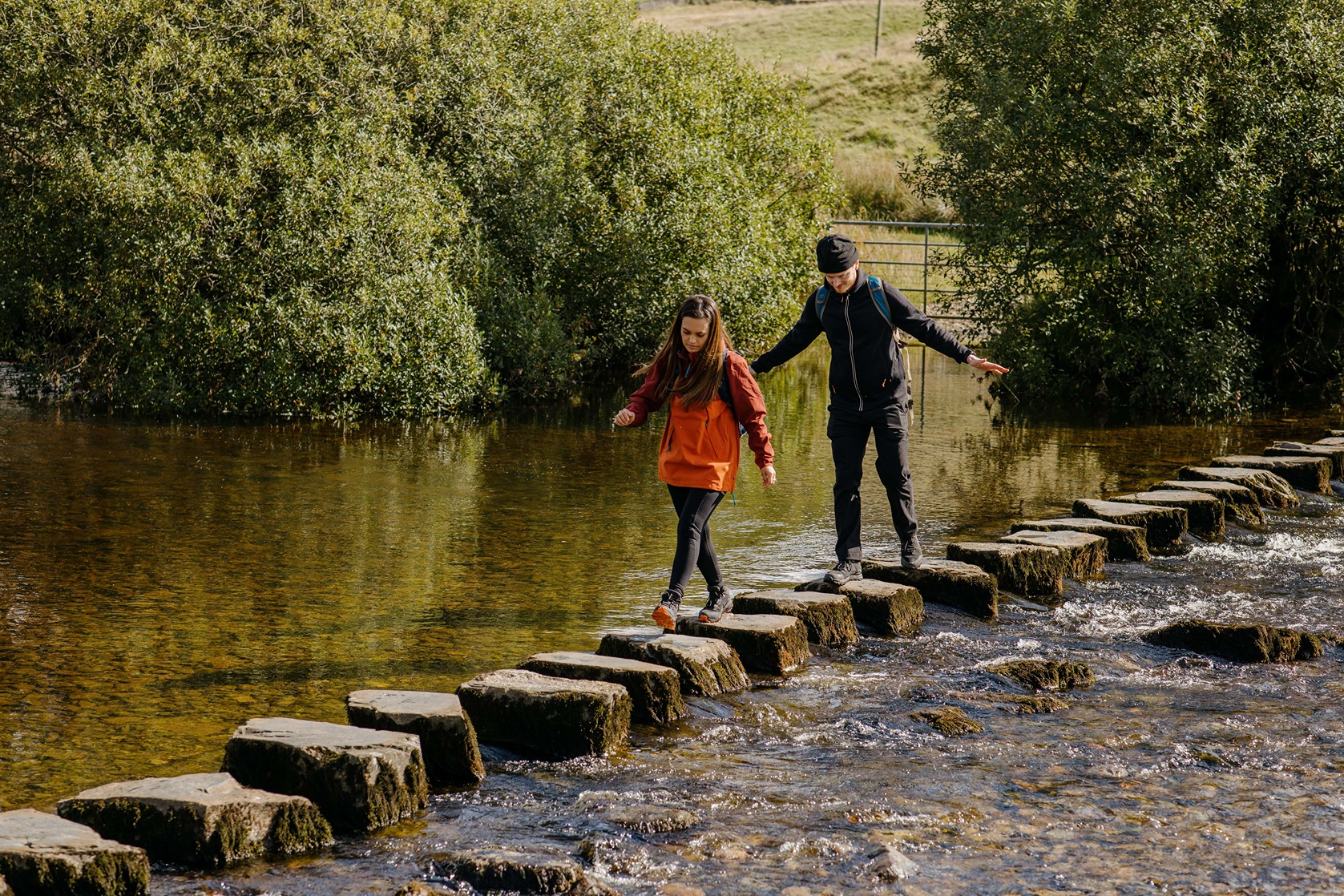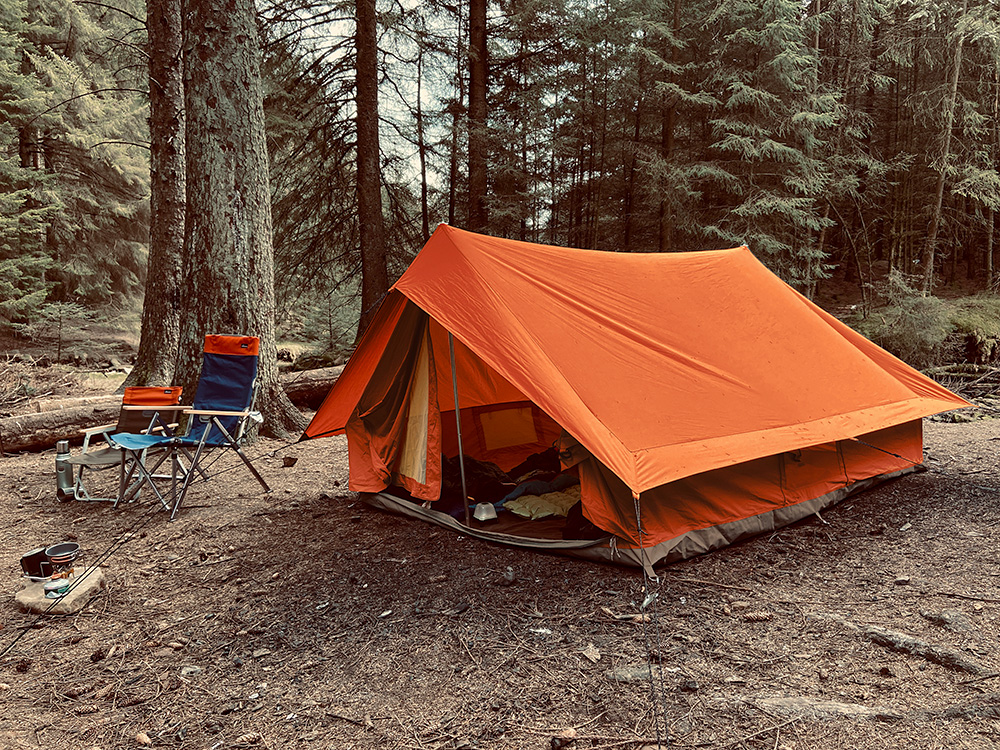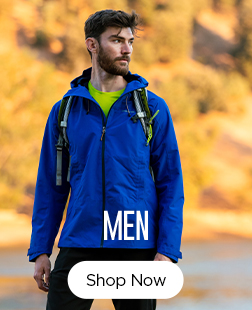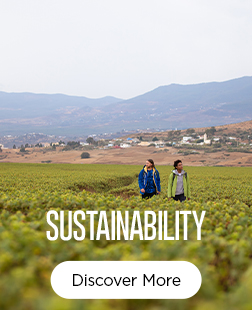You can learn more at Leave No Trace.
By now you probably know how important it is to respect the environment and minimize your impact on it. That’s where the concept of “leave no trace” comes in. Leave no trace is a set of seven principles that promote responsible outdoor ethics. These principles help ensure that we can enjoy the outdoors while also preserving its natural beauty for future generations.
Planning Ahead & Preparing
This means doing your research before heading out on a hike or camping trip. Check out the area you’ll be visiting and make sure you have all the necessary gear and supplies to ensure you’re ready for anything that might come up.
Traveling and Camping on Durable Surfaces.
This means sticking to established trails and campsites to avoid damaging fragile ecosystems. If you camp or trek on no-established routes, you’re at risk or breaking the law or damaging a vulnerable ecosystem.
Dispose of Waste
When it comes to disposing of waste, the third principle is key. You need to pack out all your trash, including food waste and toiletries. And when nature calls, be sure to bury your waste in a cathole that’s at least six to eight inches deep and 200 feet away from water sources.

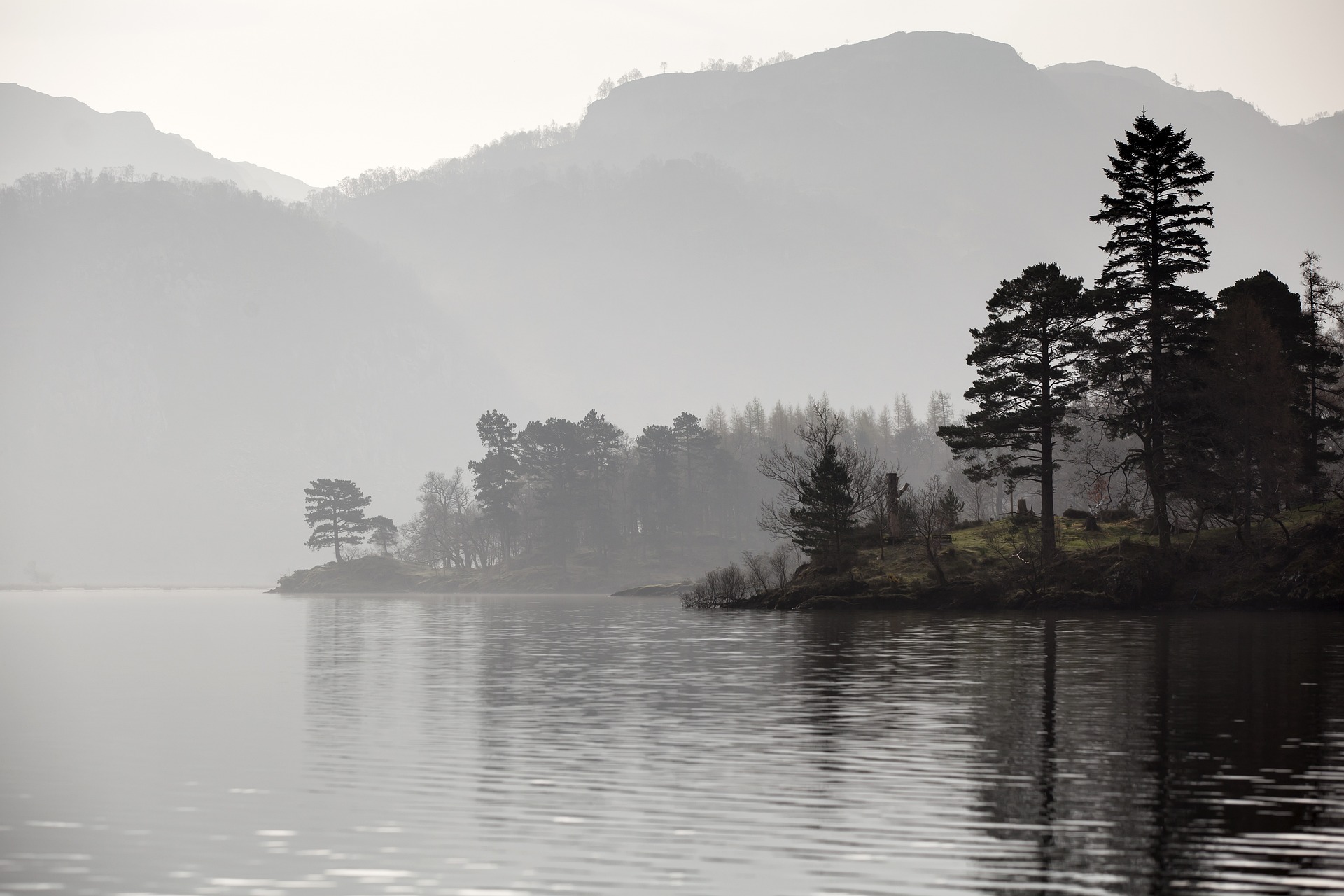
Leave What You Find
The fourth principle is all about leaving what you find. This means not disturbing or removing natural objects like rocks, plants, or artifacts. Remember, these things are a crucial part of the environment and removing them can disrupt ecosystems and harm wildlife.
Minimise Campfires
Now, let’s talk campfires. They can be great for enjoying the outdoors, but it’s important to follow the fifth principle and minimise their impact. Use established fire rings or fire pans, keep the fire small, and use only dead and downed wood for fuel. And don’t forget to fully extinguish the fire before you leave.
Respect Wildlife
Respecting wildlife is the sixth principle. This means observing them from a safe distance and not feeding or approaching them. Keep wildlife wild and avoid disrupting their natural behaviour.
Be Considerate
Finally, be considerate of other visitors. This means respecting their peace and privacy and avoiding loud or disruptive behavior. It’s all about being mindful of the impact our actions have on others.
Keep Up To Date With Our Socials
